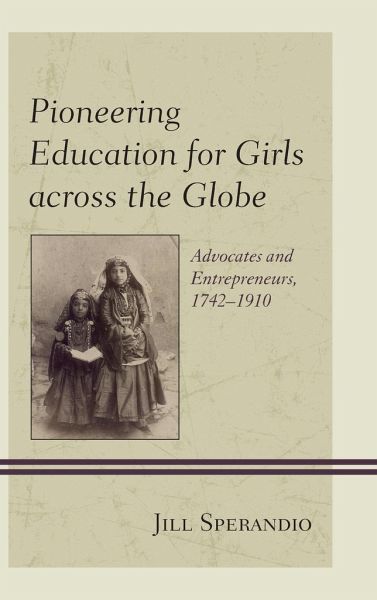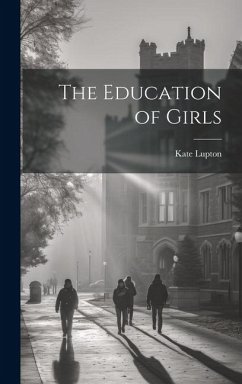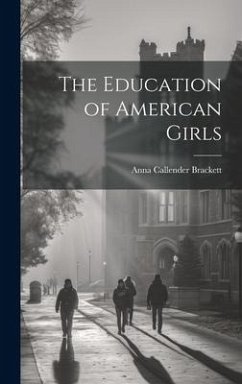
Pioneering Education for Girls across the Globe
Advocates and Entrepreneurs, 1742-1910
Versandkostenfrei!
Versandfertig in 1-2 Wochen
101,99 €
inkl. MwSt.
Weitere Ausgaben:

PAYBACK Punkte
51 °P sammeln!
The mid-18th to the early 20th century saw growing interest in the education of girls from all social classes in all regions of the world. During this time period of expanding empires and international travel, pioneering girls' schools were established by educational entrepreneurs, predominantly men, supported by dedicated women school administrators and teachers who ensured the smooth operation of the schools and well-being of the girls attending them. The schools preceded national and local interest in educating girls, and frequently encountered resistance from the communities they sought to...
The mid-18th to the early 20th century saw growing interest in the education of girls from all social classes in all regions of the world. During this time period of expanding empires and international travel, pioneering girls' schools were established by educational entrepreneurs, predominantly men, supported by dedicated women school administrators and teachers who ensured the smooth operation of the schools and well-being of the girls attending them. The schools preceded national and local interest in educating girls, and frequently encountered resistance from the communities they sought to serve for the challenge and potential disruption they threatened to the existing gendered social order. The author examines six of these pioneering girls' schools drawing her case studies from Britain, Colonial America, Singapore, India, Azerbaijan and Uganda. Placing each school in its geographical and historical setting, she analyses the driving forces that led their founders to undertake the oft-difficult task of funding and promoting the schools. Beliefs and gendered stereotypes regarding the roles of women in society posed further difficulties as did the conflicting educational ideologies, quality and attainment expectations to be negotiated in developing curriculum for the schools. On the global level, the school case studies illustrate how imperial expansion, and oft-accompanying religious missionary activity, exposed previously isolated communities in very diverse environments and social contexts to new ideas and influences creating tensions between desires for change and modernization and fears of loss of ethnic community. The author concludes by considering the ongoing importance of local agency, activism and social entrepreneurship in creating awareness of the need for quality education for girls in many parts of the world today.













